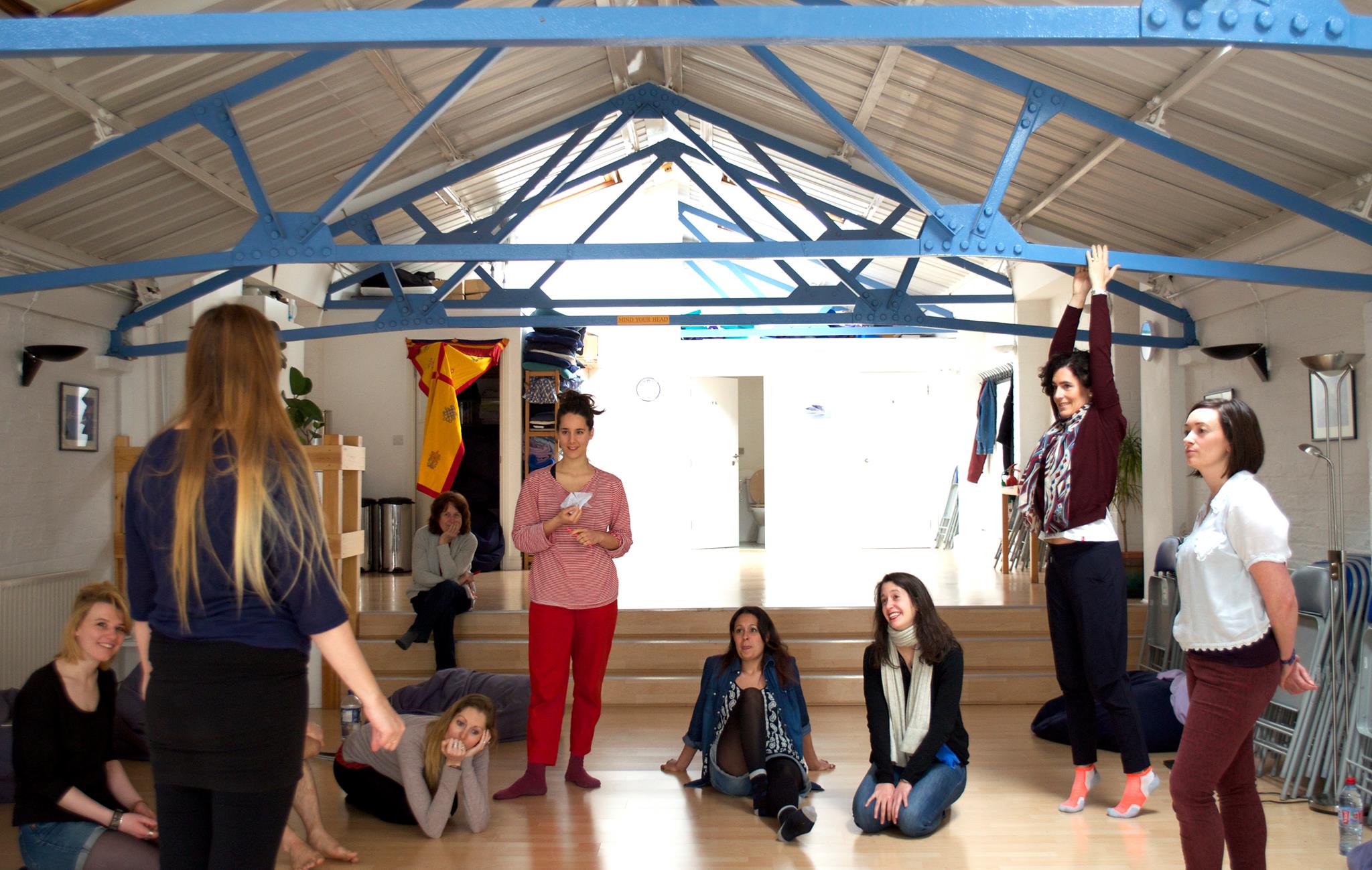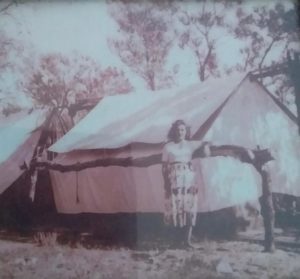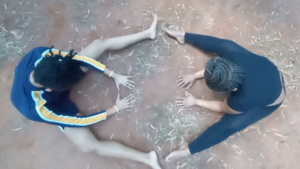
Barbican ArtWorks: the beginning of research focusing on actors’ linguistic resources
The initial stimuli for researching approaches to drawing from actors’ linguistic resources in performance came in 2013 at the Evelyn Oldfield refugee unit, where I realised that I had no sufficient methodologies for allowing their linguistic resources to enter the room. The need was even more evident in performance-making processes where I began to notice the following:
- That actors’ organisation of English as a lingua franca omitted their other linguistic resources.
- A major cause of this omission was the Standard English and British politeness strategy that some varieties cannot be produced in the company of people who lack competence.
- That drawing from English as the lingua franca was sometimes not only restrictive but oppressive, particularly with participants whose pasts involved English varieties as part of colonisation.
As a result of these three points, I was urged to at least understand the limits of drawing from actors resources in my own practice further. As part of a week of professional development led by the Barbican (Artworks, April 2014) and alongside peer applied facilitators, I tested an improvisational exercise that asked actors to select a moment from their day that seemed ‘right’ to speak in any variety in their resources that wasn’t the English variety that they used with us. I participated as part of actors with French/English resources, English/Singlish resources (an English-Mandarin hybrid), and Northern English regional/French resources. Each participant improvised a story while drawing from their chosen varieties, transcribed, and then translated for the other actors in performance.
During their performances, some complications arose regarding reproductions of linguistic hierarchies. All of the varieties were taken seriously except for the Singlish monologue, which was met with laughter – unexpected because it was a serious piece. During the evaluation at the end of the day, I asked participants the reason for the laughter and they said that they thought that Singlish was a ’made-up language’, and that it didn’t sound like a ‘real’ language. This is where a fourth observation emerged:
- Singlish, a low-status variety, a result of colonisation and without a literary canon, was juxtaposed against French, a high-status colonisers’ language with heavily populated literary canon. These linguistic hierarchies impacted the way the actors as audiences interpreted the varieties performed. Such hierarchies were also reproduced in the performance.
It became clear to me that beliefs about varieties and their communicative practices are constructed in our socio-historical contexts and therefore any methodologies for drawing on them need to be foregrounded by knowledge of these contexts in order to avoid perpetuating certain hegemonies. What was also clear was that colonisation was bearing directly on these beliefs, and for a deeper analysis of these complexities, I should look beyond the UK to post-conflict and decolonial settings, namely South Africa, and my native Australia. And thus, the initial stages of my PhD research were born.
I thank the Barbican and my supportive Applied Theatre peers for helping me through these inquiries in 2014 because of how it has led me to this exciting new research.


Peer Applied Facililitators, Barbican Artworks Professional Development, April 2014


